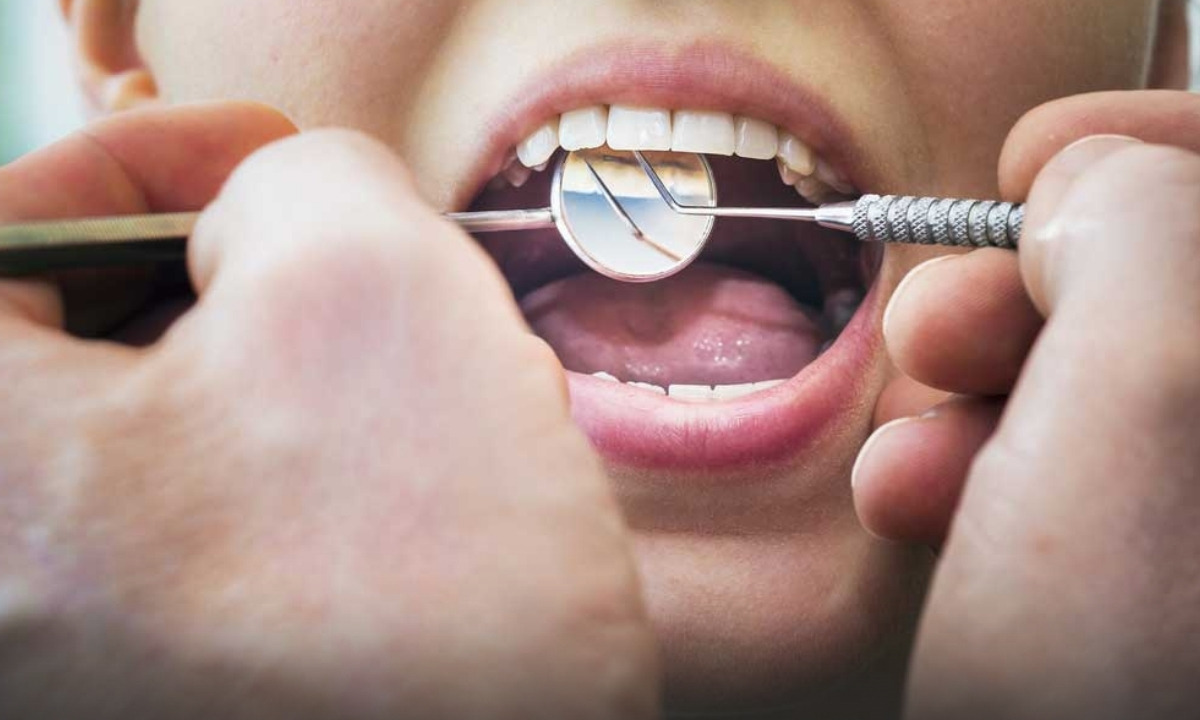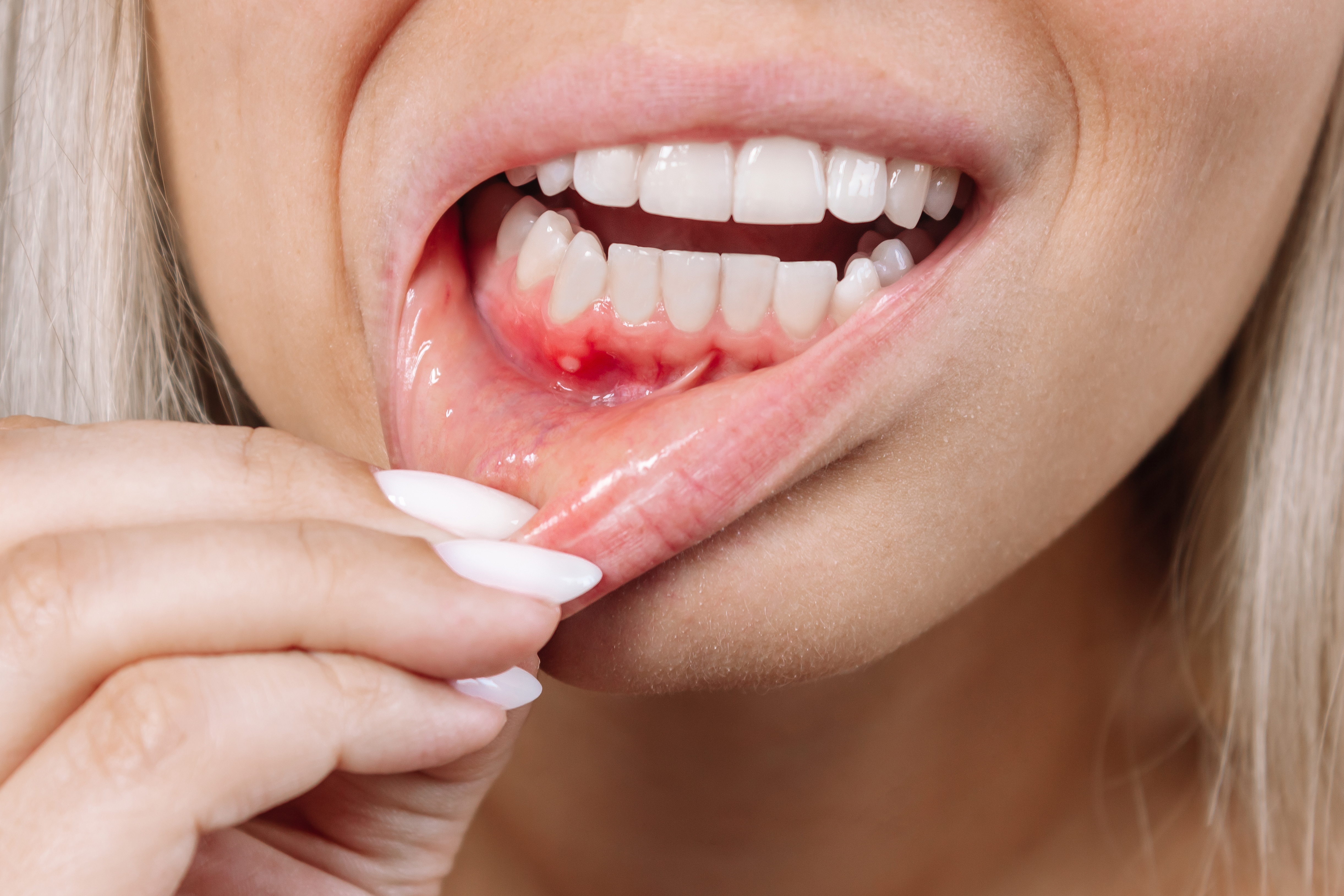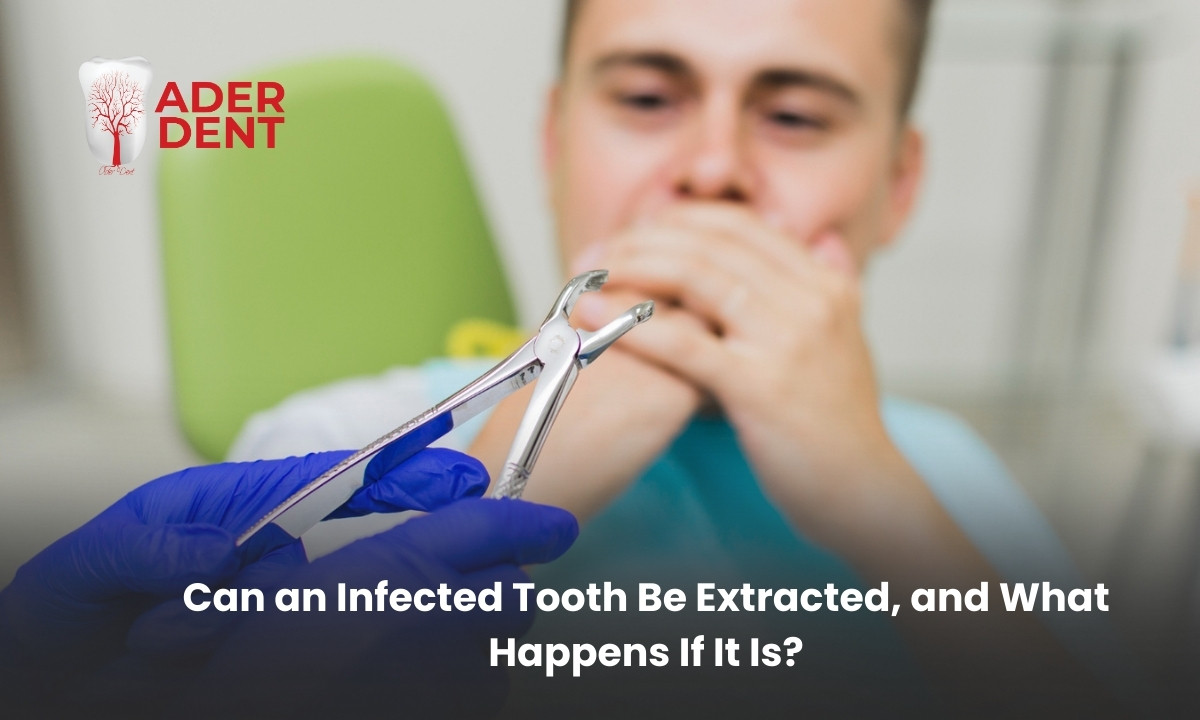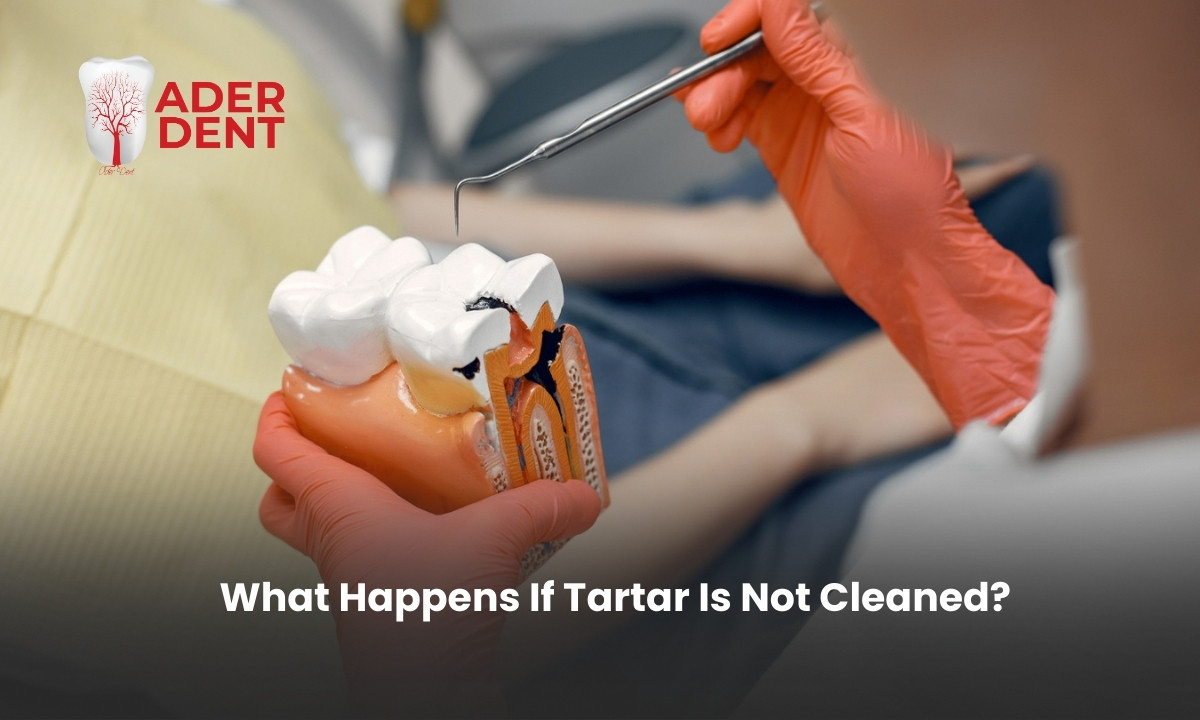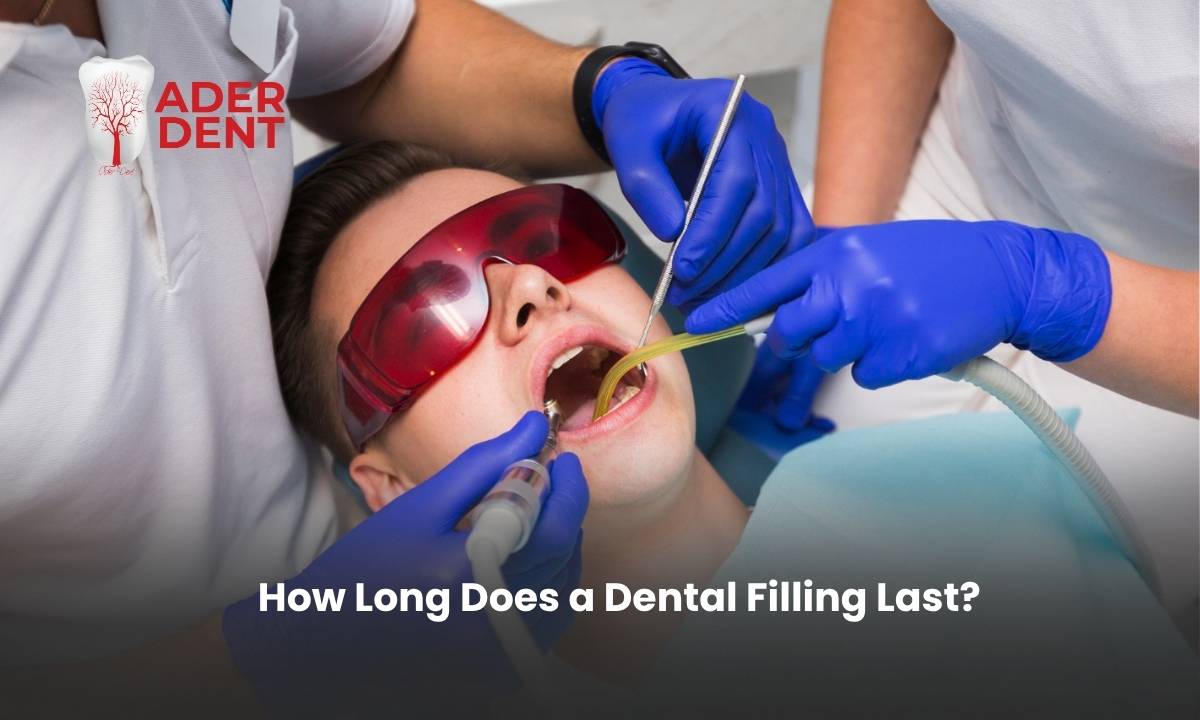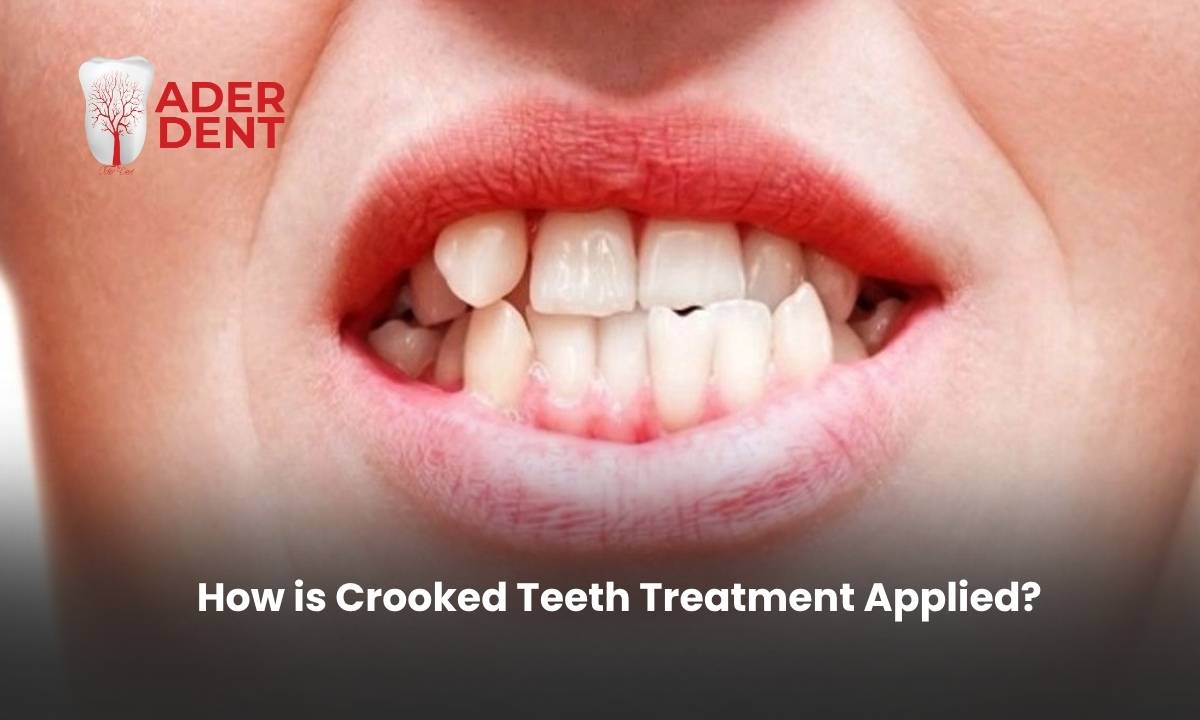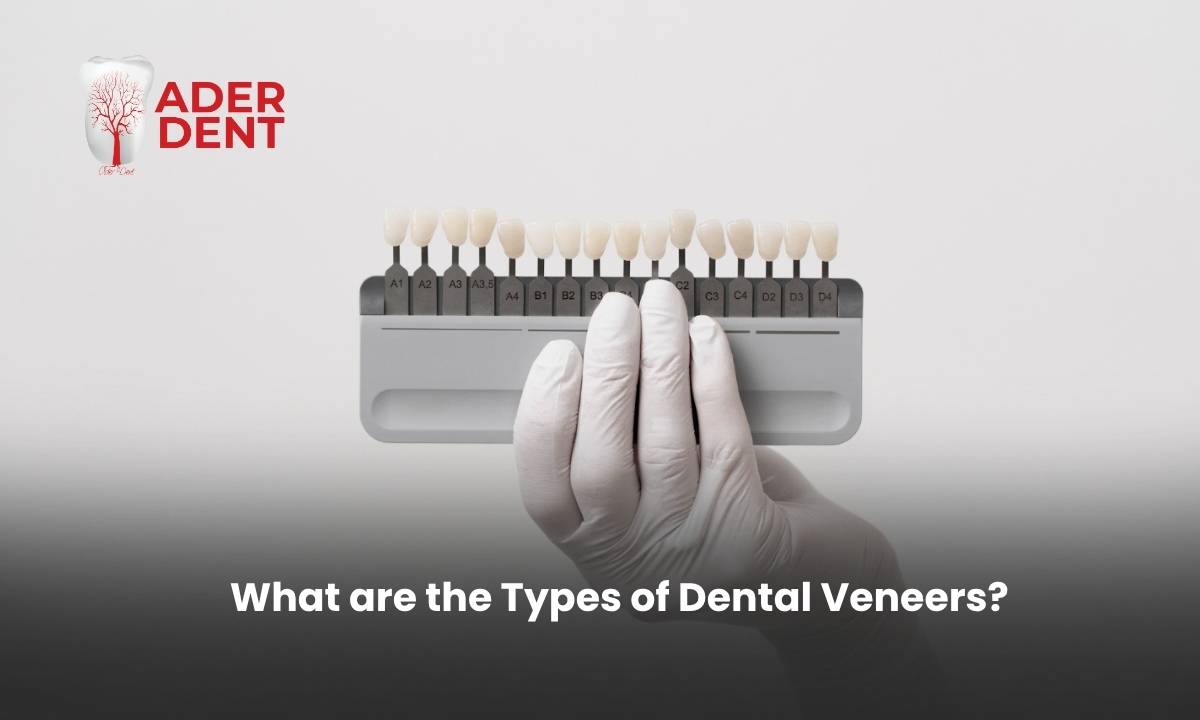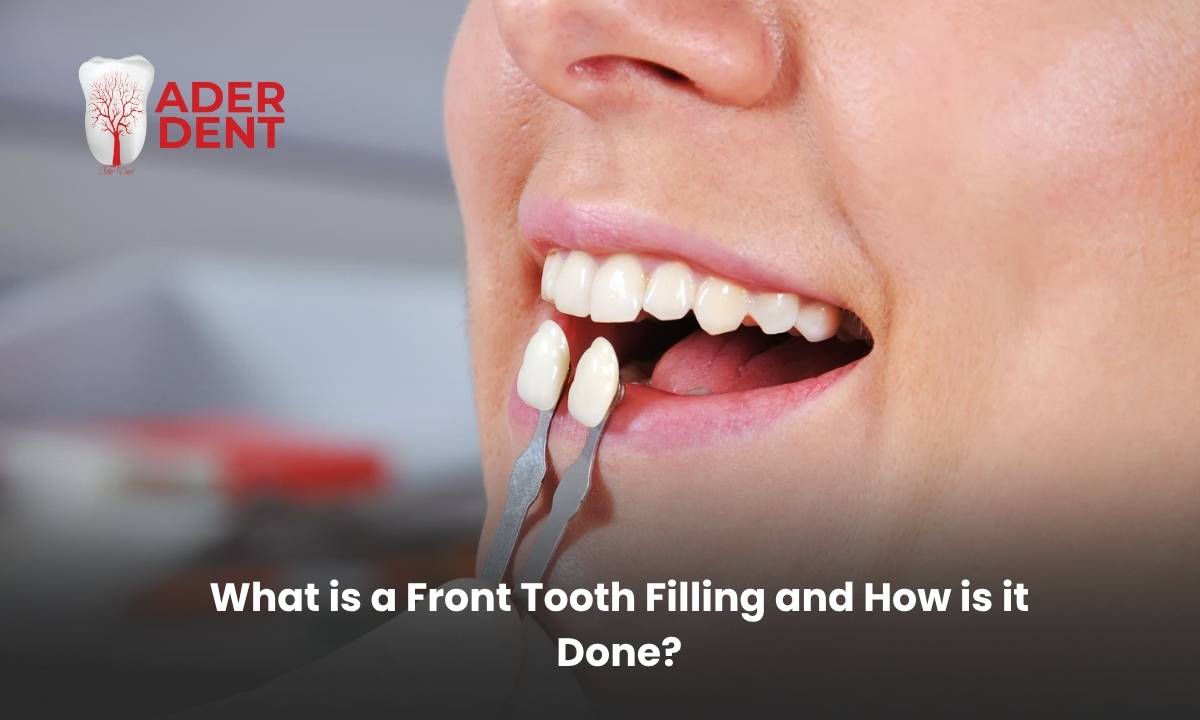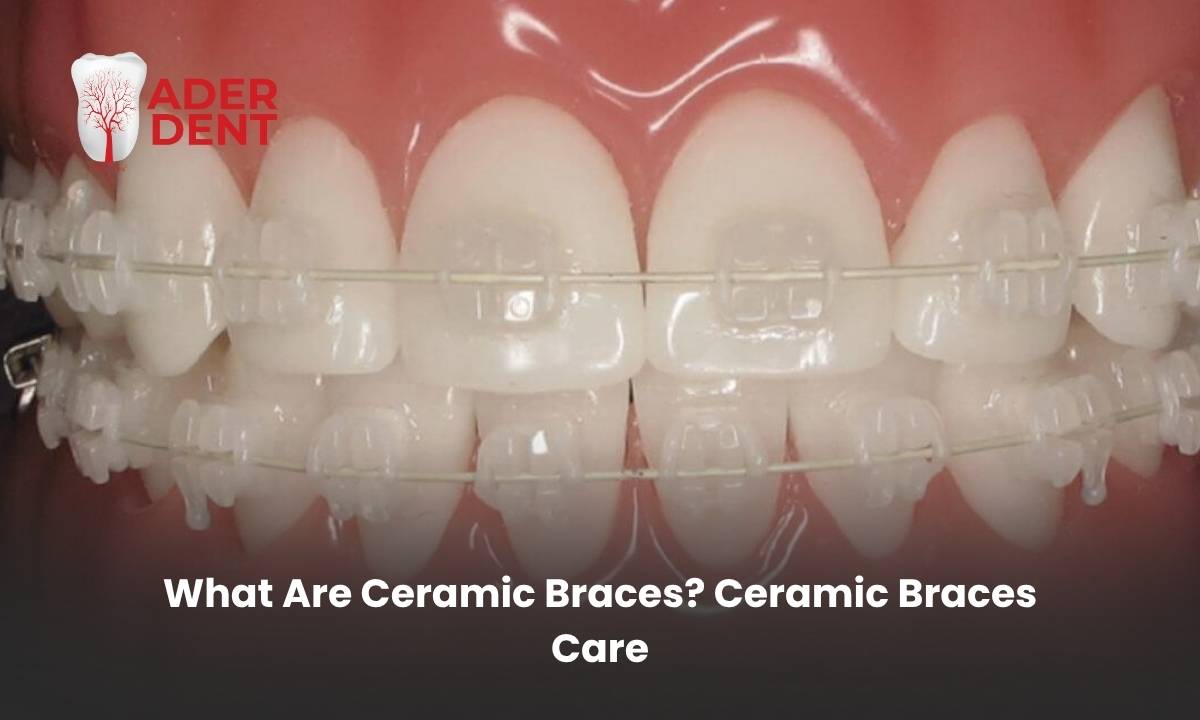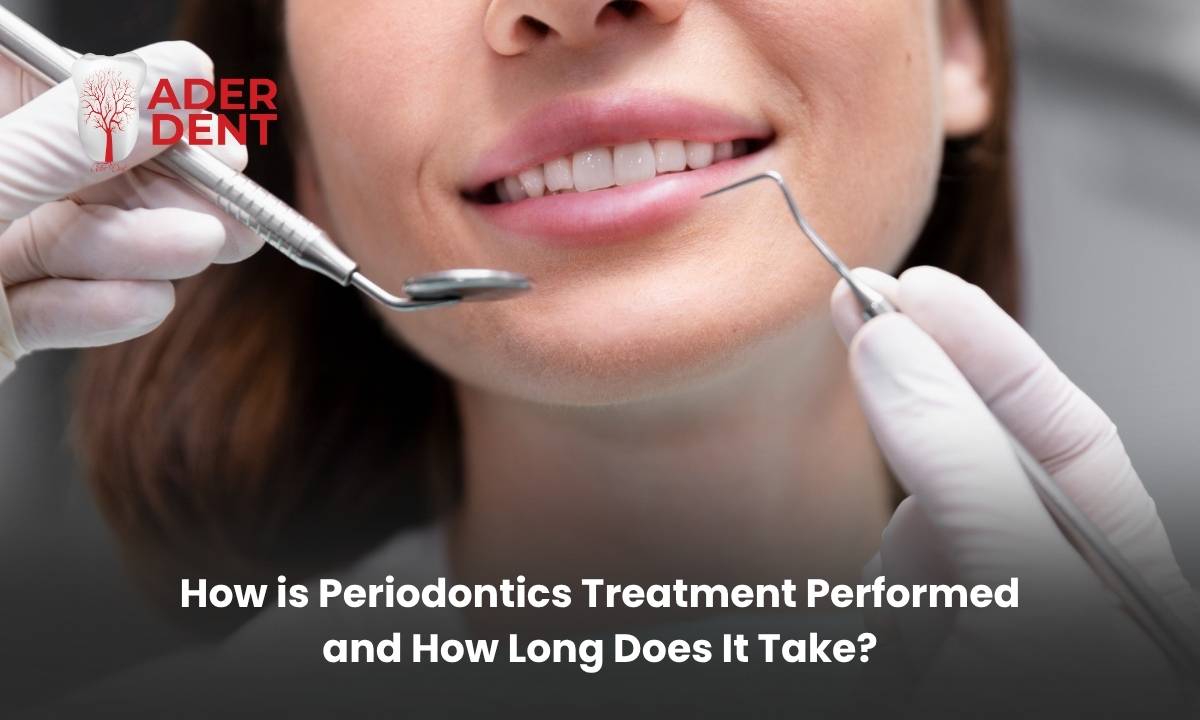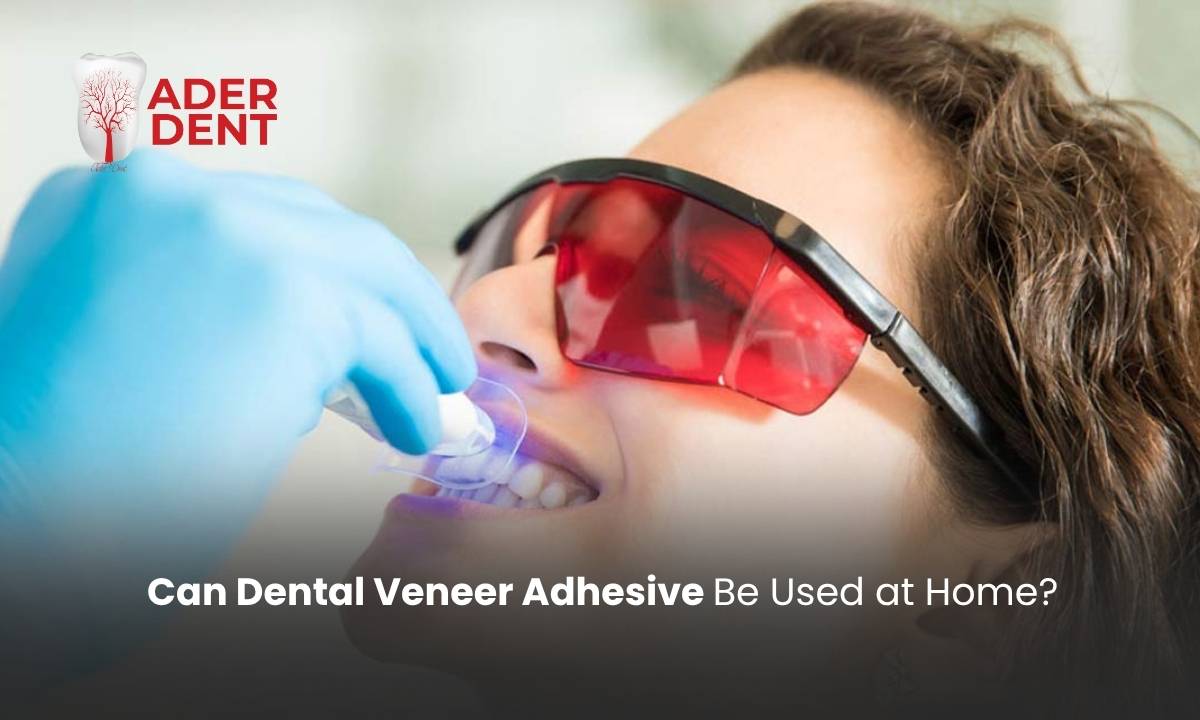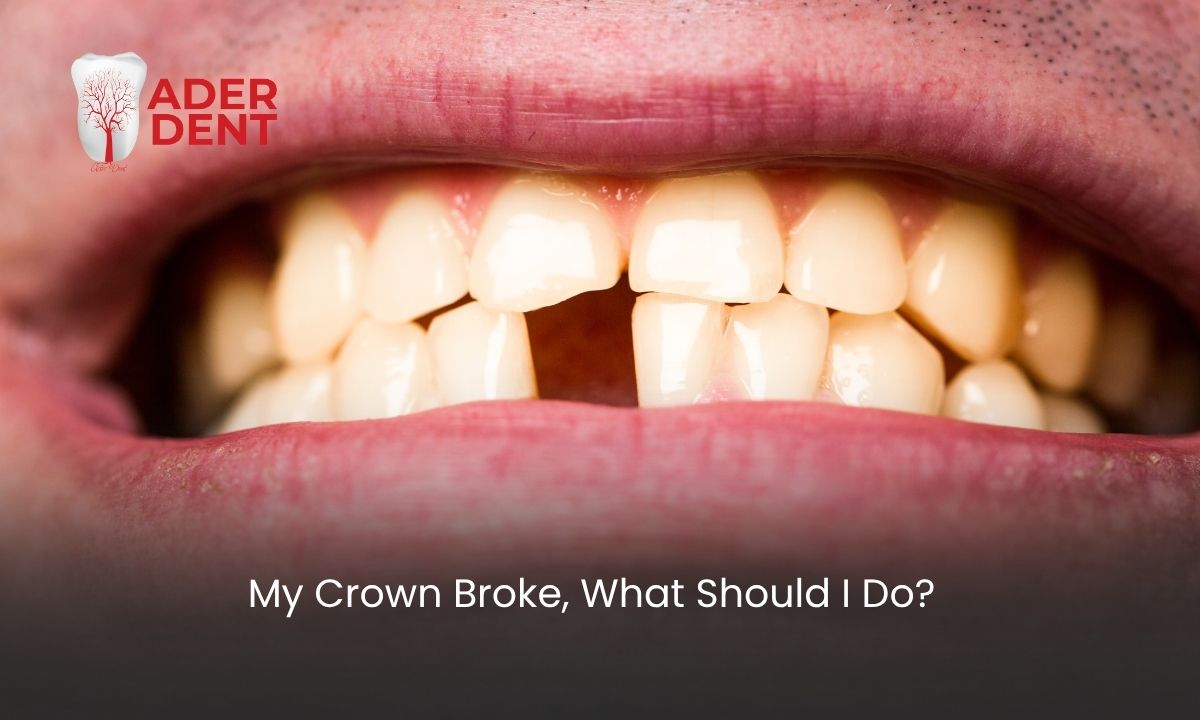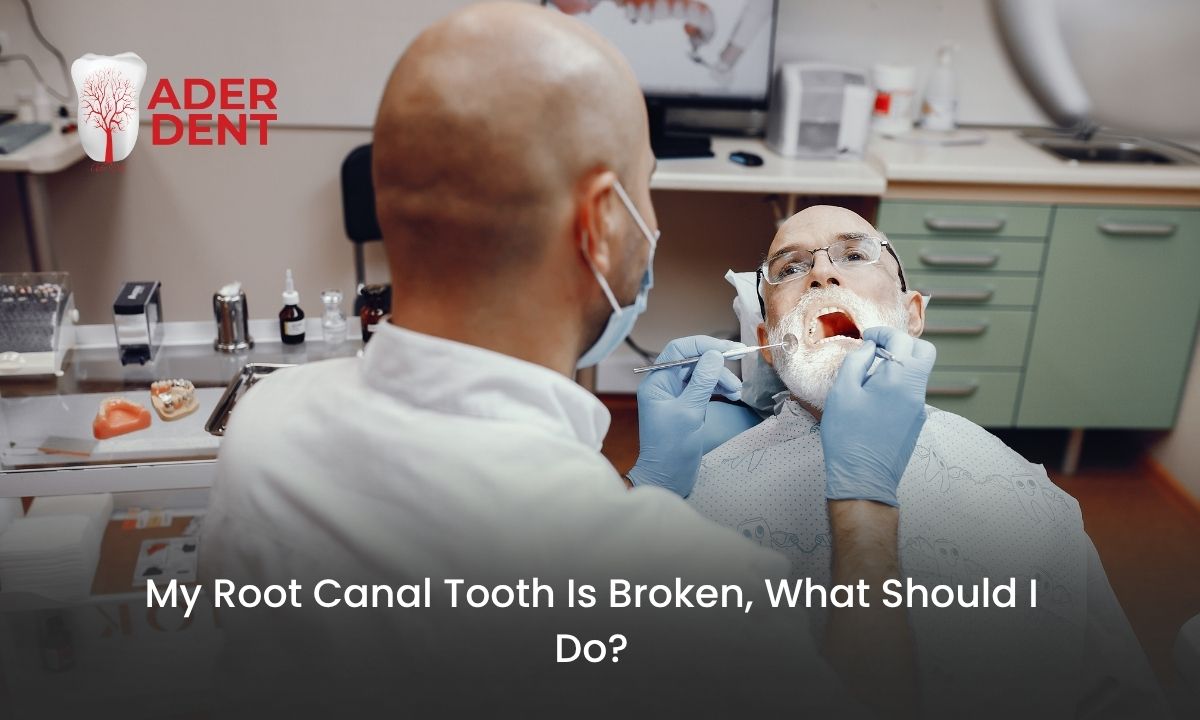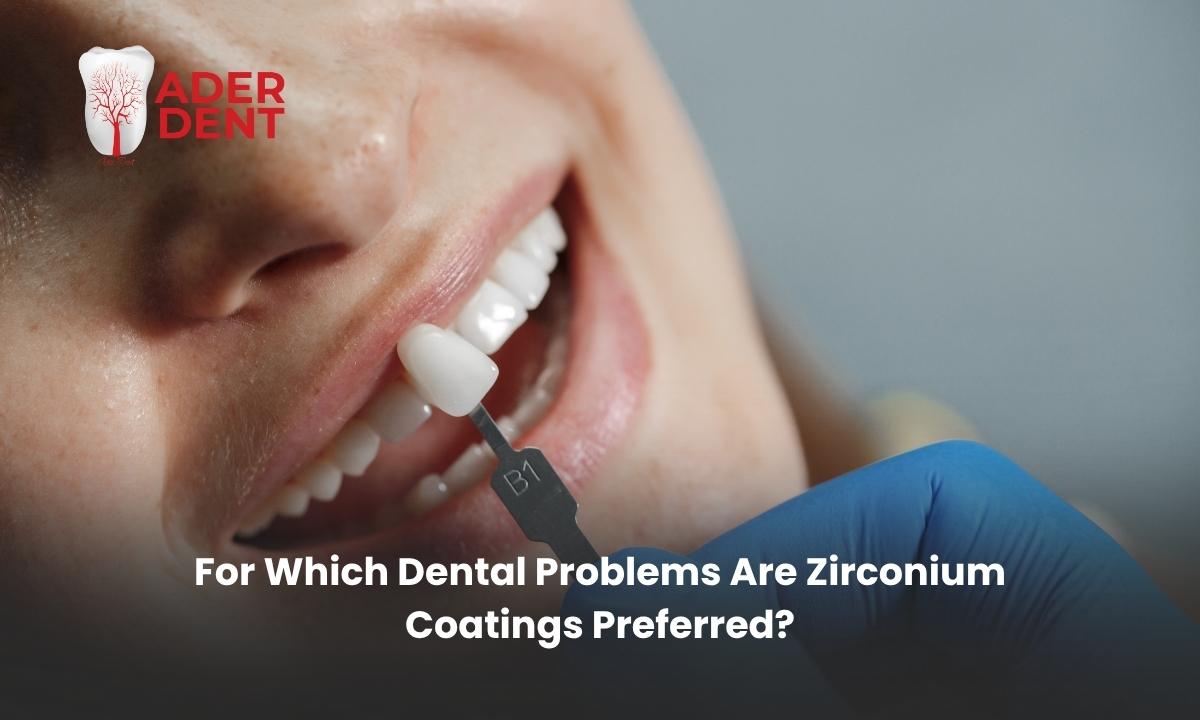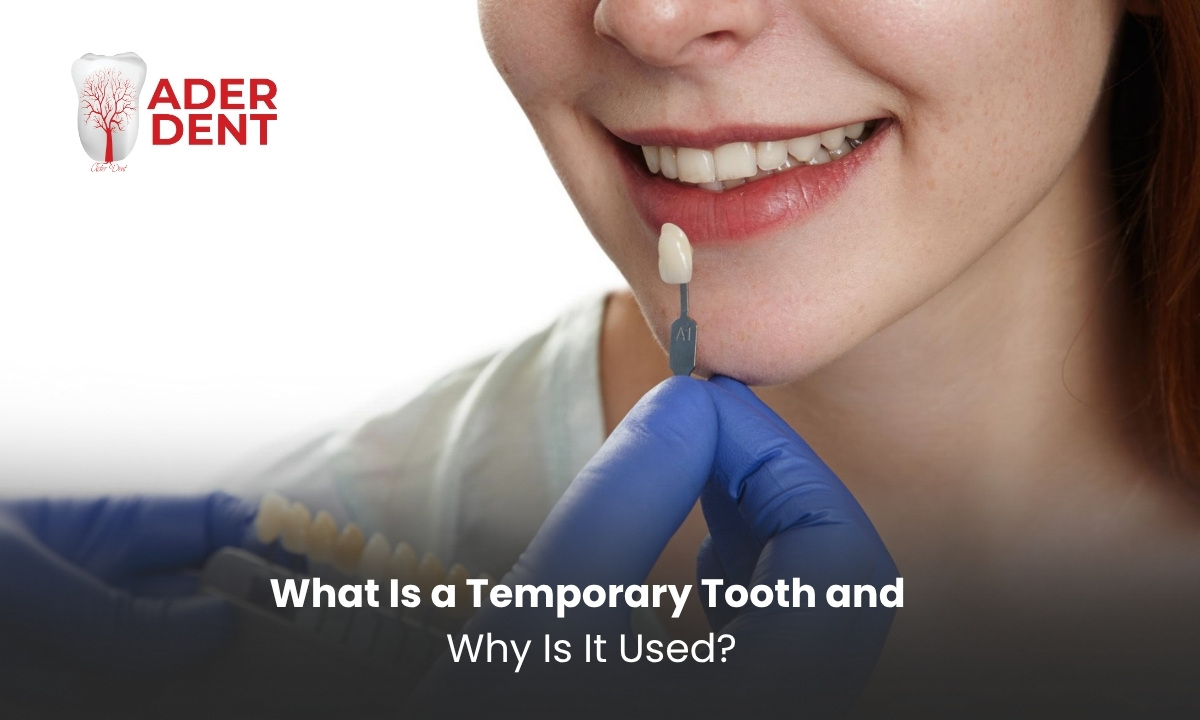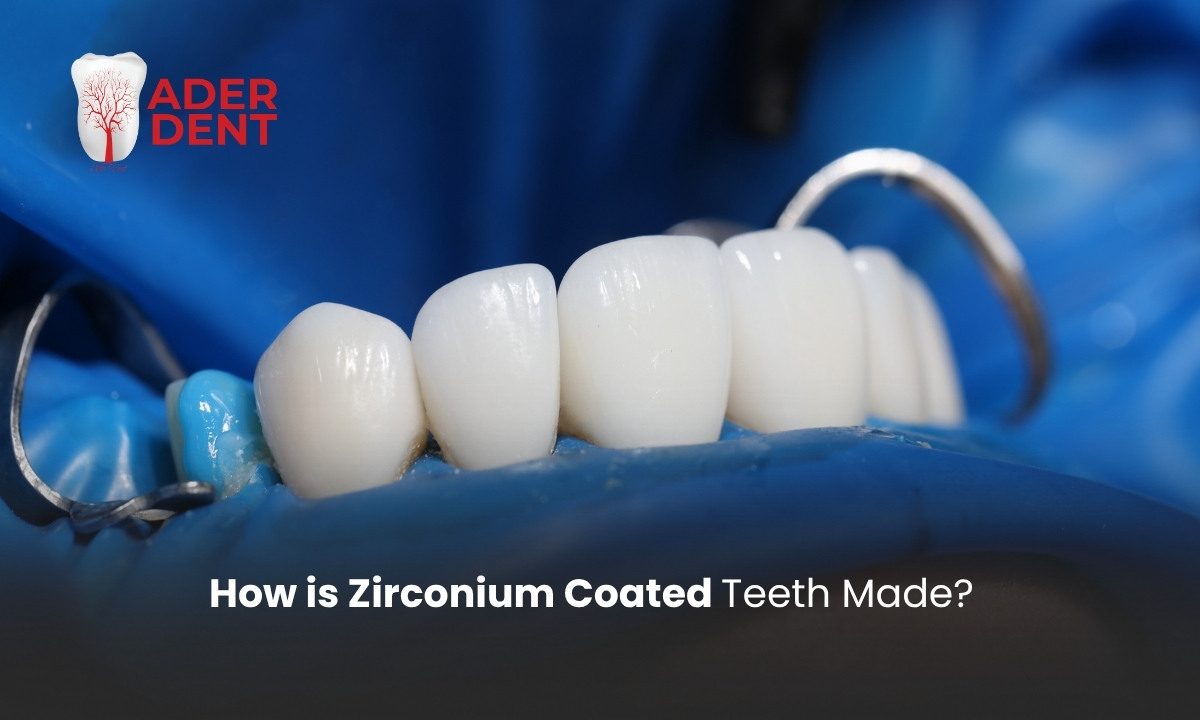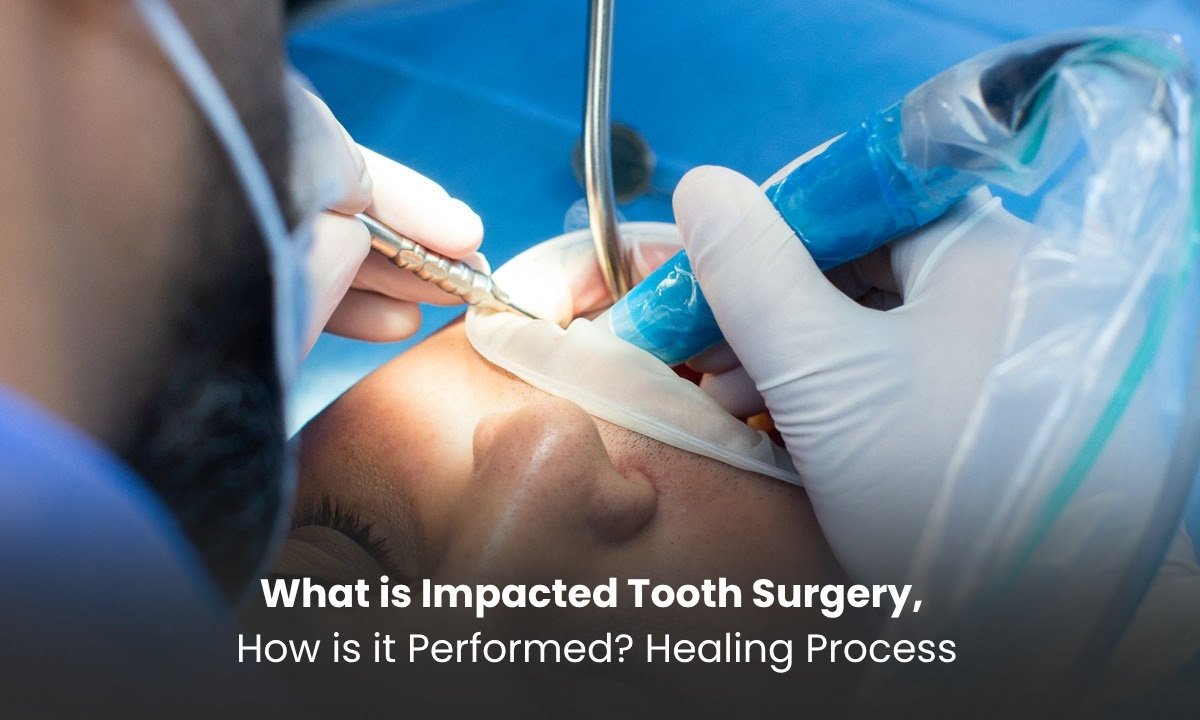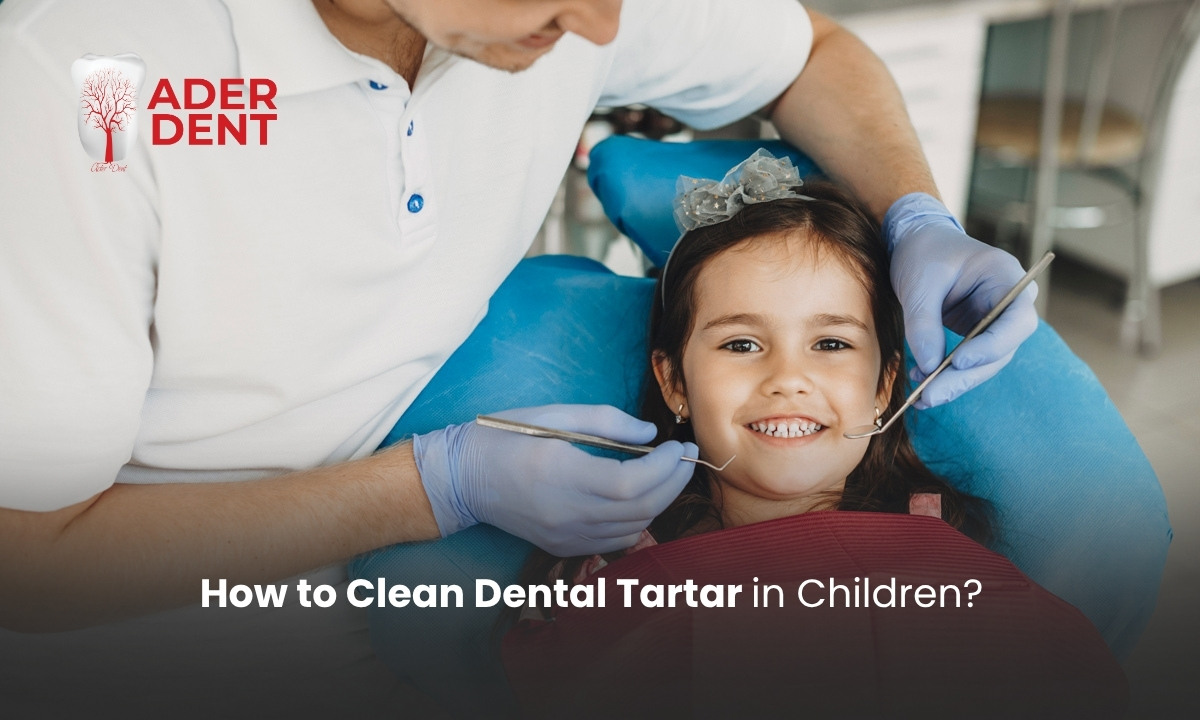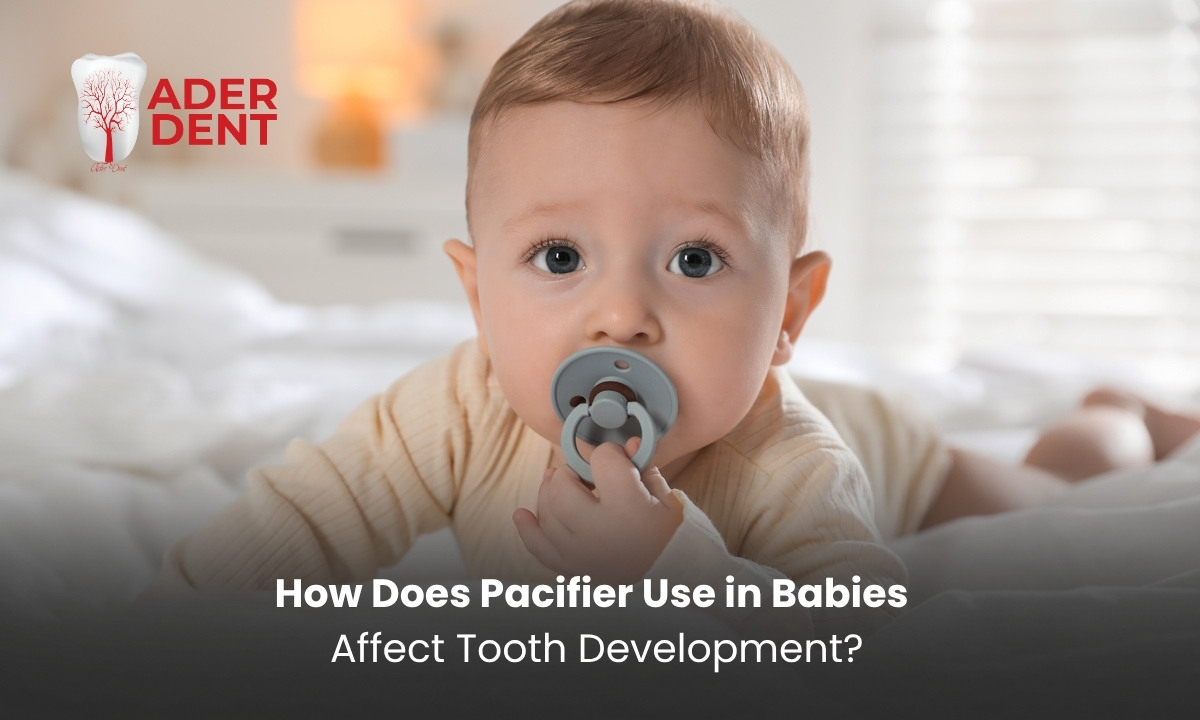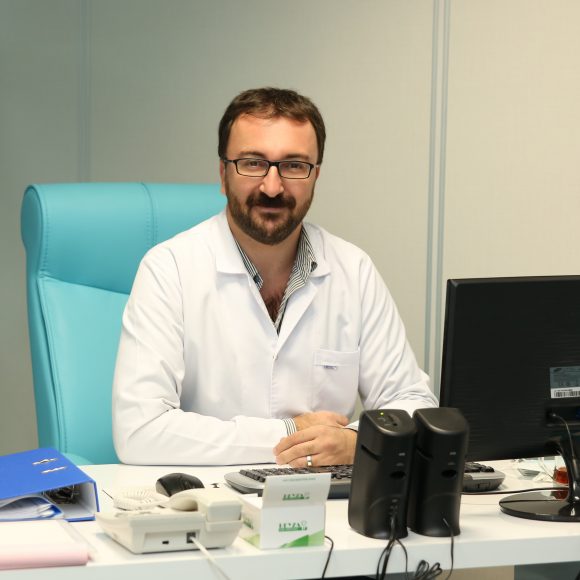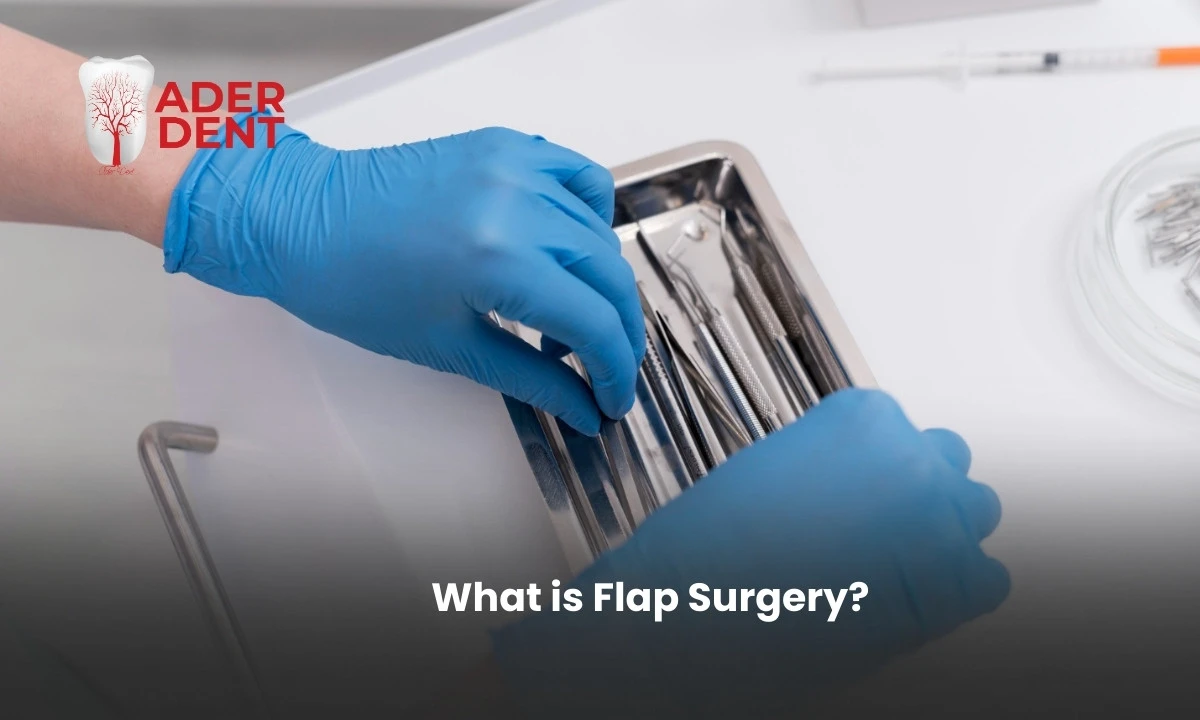
A flap is the surgical lifting of the gum to access the underlying bone and tooth structure. Also known as “open surgery” in dentistry, this method is used especially for deep gum pockets, impacted tooth extractions, and implant applications. In the literature, it is referred to as open surgery or mucoperiosteal flap.
What is Flap Surgery?
Flap surgery is a surgical procedure used in the treatment of gum diseases and is preferred when gum inflammation has reached an advanced stage. In flap surgery, the gums are surgically opened, the infected tissue underneath is cleaned, and then the gums are repositioned.
Untreated gum inflammation can affect not only the gums but also the bone supporting the teeth. In this case, flap surgery is an effective method to restore gum health and prevent tooth loss.
Why is Flap Surgery Performed?
Flap surgery is performed to remove harmful bacteria and inflamed tissue around the teeth. This prevents gum recession and bone loss in advanced stages of gum disease, and sometimes controls problems that may arise from unnoticed root infections. After the infected area is cleaned, the gums are carefully repositioned and secured with sutures.
How is Flap Surgery Performed?
During flap surgery, the dentist first numbs the patient’s gums with local anesthesia to prevent pain. Then the gums are surgically opened, and the underlying infected tissue is carefully cleaned. The opened gums are repositioned and sutured using surgical techniques. This process is generally painless, and the healing period may take a few weeks.
Stages of Flap Treatment
Flap treatment, an effective surgical intervention for advanced gum disease, consists of three main stages. These stages are crucial for successful treatment:
-
Preparation Stage: The dentist examines the mouth to identify infected areas and prepares for flap surgery. Local anesthesia prevents the patient from feeling pain during the procedure. In this stage, inflammation and bone loss are carefully assessed.
-
Surgical Stage: During the surgical stage, the gums are opened, and the infected tissue underneath is cleaned and removed. After the infected areas are fully cleaned, the gums are repositioned and sutured.
-
Healing Stage: After flap treatment, the healing process begins. The dentist monitors recovery and performs follow-ups as needed. Proper oral hygiene and following the dentist’s recommendations are very important. Additional treatments, such as mouth rinses, may be applied to ensure healthy gum healing.
Oral Care After Flap Surgery
Paying attention to oral care after flap surgery ensures a smooth and fast recovery. Use the mouthwash recommended by your dentist regularly and brush gently with a soft toothbrush. Avoid applying pressure to the surgery area. In the first days, avoid very hot, cold, acidic, or spicy foods; prefer lukewarm and soft foods. Mild bleeding and swelling are normal; a cold compress can help reduce swelling. If bleeding persists for a long time, consult your dentist and strictly follow the prescribed medication and care instructions.
Preparations Before Flap Surgery
To achieve the best results from flap surgery, it is important to make the following preparations:
- Your dentist evaluates your teeth, gums, and bone structure.
- Avoiding smoking accelerates healing and reduces the risk of complications.
- Take antibiotics as recommended by your dentist to reduce infection risk.
- Maintain oral hygiene through regular brushing and mouthwash.
- Avoid hard and spicy foods and pay attention to post-surgery nutrition.
- Practice relaxation techniques to stay calm before the surgery.
Is Flap Surgery Suitable for Everyone?
Flap surgery is not suitable for everyone. Patients who require flap surgery usually have advanced gum disease, severe inflammation, gum recession, or bone loss.
The suitability of the surgery must be determined through a thorough examination by the dentist and, if necessary, other specialists. Patients with systemic conditions such as heart disease, diabetes, high blood pressure, or weakened immune systems may require a different treatment plan.
Post-Surgery Considerations
After flap surgery, special attention must be paid to oral hygiene. Brush your teeth gently, use mouthwash as recommended by your dentist, and follow all prescribed medications. Avoid hard, sticky, excessively hot, cold, and acidic foods and drinks. Mild bleeding or swelling may occur; in such cases, applying a cold compress as advised by your dentist is beneficial. Strictly following these instructions helps speed up healing and prevent complications.


 TR
TR
